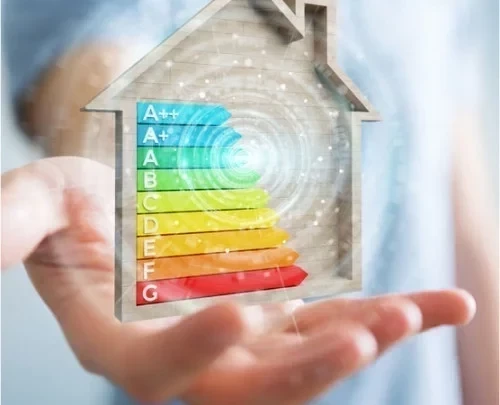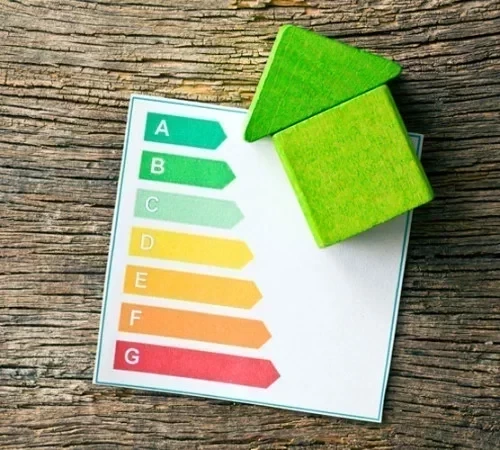Energy Performance Certificates (EPCs) were first introduced in England and Wales on 1st August 2007 and have subsequently been rolled out across the rest of the United Kingdom. Whether you live in England, Wales, Scotland or Northern Ireland, you will almost certainly need an EPC if you wish to build, let or sell a property. We say almost certainly because there are some exceptions: types of properties for which it is not a legal requirement to have an EPC. If this all sounds a little confusing, please don’t worry. By the time you have finished reading this guide, you will know all about EPCS: what they are, what information they contain, why they were introduced and in what circumstances they are required by law. You will also discover how to obtain one and what factors are taken into consideration when an EPC inspection is performed.
If there is anything you do not understand in this guide or you would prefer to speak to someone in person about EPCs, please do not hesitate to contact us. As approved and accredited EPC assessors, we can answer all of your questions.
An EPC is an Energy Performance Certificate, which is issued after a thorough inspection of a property has been completed. It is intended to provide the new owners or occupants of a building with detailed information on the building’s energy performance and usage. There are three different types of EPC that you may come across in the United Kingdom:
An accredited assessor should be able to provide all of the above EPC types on request, after having completed a detailed inspection of the properties in question.

All types of EPCs contain energy usage and energy efficiency information but DECs are not quite the same as commercial and domestic EPCs, as we explain below.

DECs are slightly different from commercial or domestic EPCs in that they are designed to inform members of the public about the actual energy usage of a building over the last 2 years and show them how this energy usage compares to other public buildings of a similar size and type.
EPCs were first introduced in the UK to comply with the EU directive on the energy performance of public, commercial and domestic buildings. Whilst the UK is no longer bound by EU directives, the requirement for EPCs has remained in force because they have proven to be very useful. By performing a free EPC certificate check online, you can easily find out which properties within a specific postcode area have a valid certificate and then focus your attention on those properties when looking for somewhere to rent or buy. EPCs enable you to get a very good idea of what your future energy costs are likely to be when buying or renting a property in a particular part of the country, before you make any legally binding commitments.

For sellers, EPCs are equally useful. With a valid certificate that highlights excellent energy performance, you will be able to market your property more effectively. Prospective buyers will be able to clearly see the potential savings on energy costs that your property has to offer.
Whilst the vast majority of public, private and commercial buildings need an EPC, there are some exceptions. The following property types are not required to have an EPC by law:
If you are not sure whether you are required to obtain an EPC for a property that you own, please feel free to call and speak to one of our experts during normal working hours.

How to Obtain an EPC for a Commercial or Residential Property
Whether you are applying for your very first EPC or you need to renew an existing certificate, you can get what you need from a fully accredited public, commercial or domestic energy assessor such as ourselves. As experienced assessors, we're able to perform full inspections in accordance with the official EPC checklist and guidelines. Contact us now for more information.
How long does it take to get an EPC certificate?
Once the assessment has been completed, it should take no longer than 24 hours for your certificate to be completed.
Do I need an EPC for an existing tenancy?
If your existing certificate has expired then yes, you do.
How to get a copy of my EPC certificate?
You can download a copy from the government website at any time.